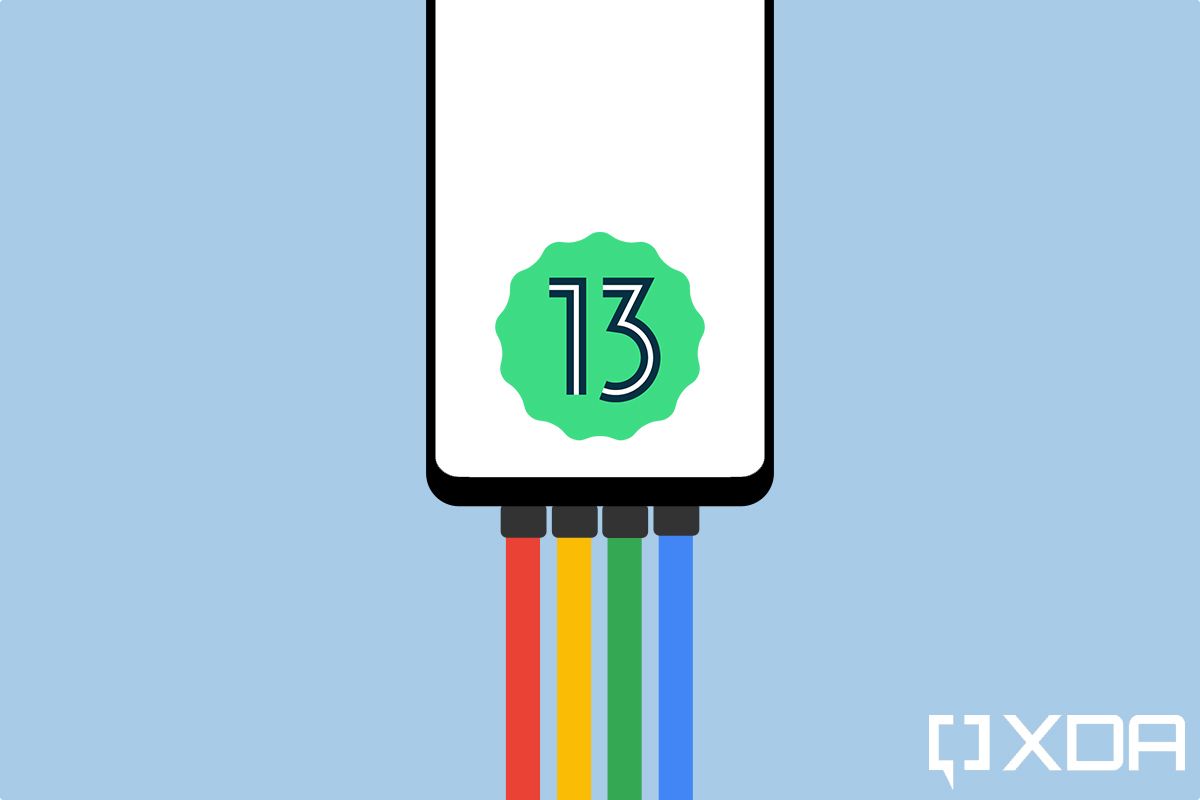Google just dropped the first Android 13 developer preview, and it gives us a glimpse of some of the changes coming in the next major Android upgrade. As we highlighted in our announcement post, Android 13 DP1 reveals that Google will roll out updated privacy controls, a new Photo picker API, a Quick settings placement API, new Quick Settings tiles, and much more with Android 13 later this year. But those aren't all the changes coming in the next big Android release. In fact, Google's blog post glosses over some of the other critical changes included in the release. In this post, we'll take a look at one such change, which will allow Google to push new Bluetooth and Ultra-wideband features to users without depending on OEMs to release timely software updates.
According to the announcement post, the company will make the Bluetooth and Ultra-wideband stacks mainline modules in Android 13. For the unaware, Android's Project Mainline essentially lets Google take control of critical framework components and system applications, thereby allowing the company to deliver new features and security updates for those components/applications without waiting for OEMs to roll out a software update.
To do so, Google makes use of Mainline modules, which can be updated through the Google Play Services framework and the Google Play Store. In Android 13, Google is making Android's Bluetooth and Ultra-wideband stacks mainline modules. This will let the company add new features to the Bluetooth and Ultra-wideband stack and get them to users as quickly as possible.
Mishaal Rahman further reveals that Google is already working on adding new features, like support for the new Bluetooth LE Audio standard, to the Bluetooth stack. In addition, the company is working on a new Jetpack Library and a reference HAL for the Ultra-wideband stack, which, combined with the updateable UWB mainline module, will allow the company to expand the use of UWB hardware for new software features.

